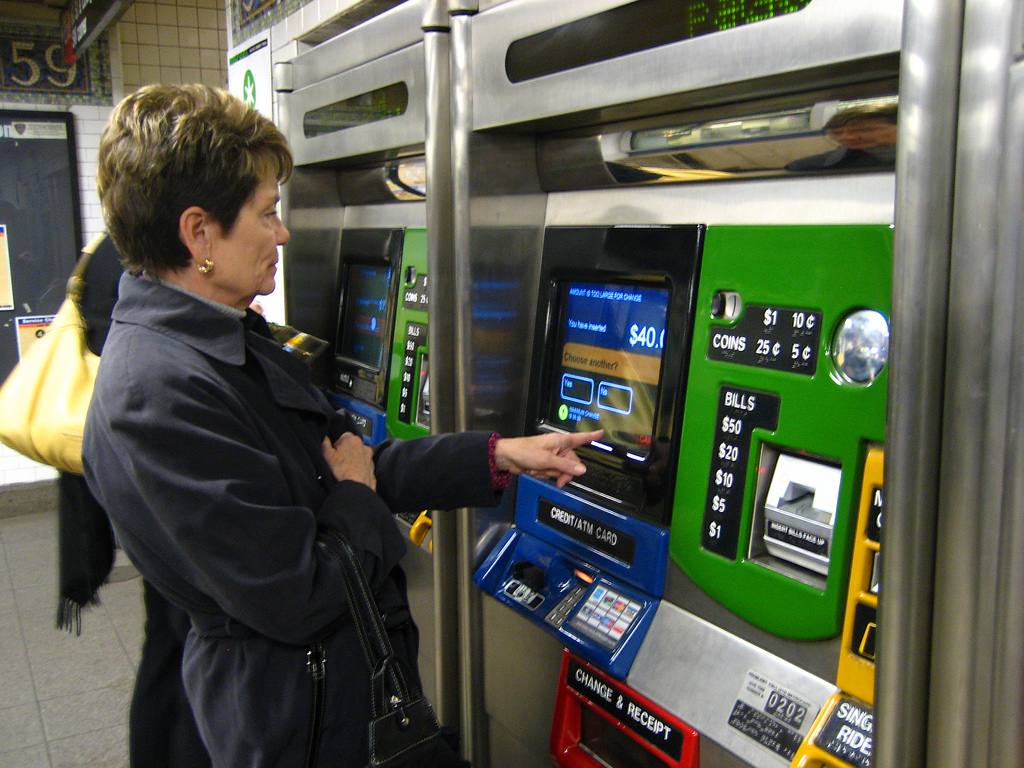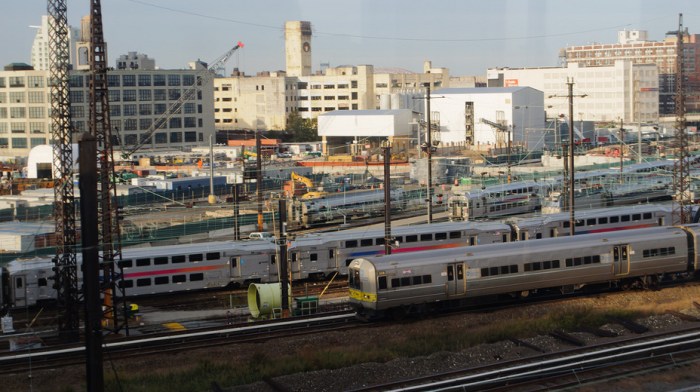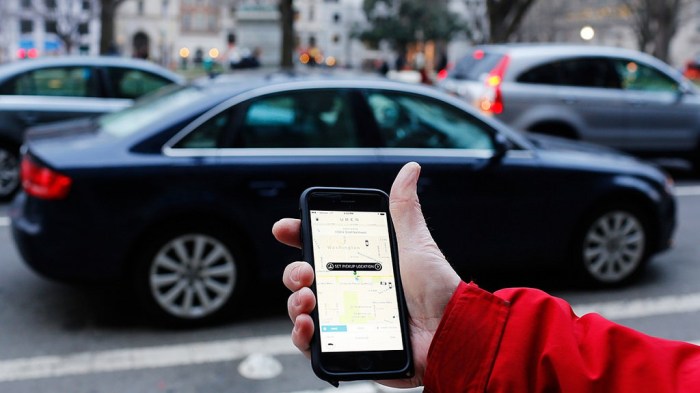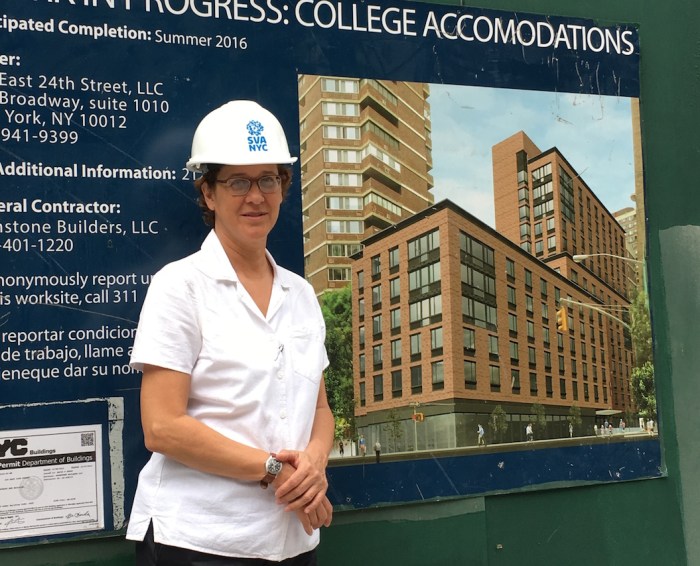Many straphangers, particularly those on tight budgets, were given a reprieve from a transit fare hike Wednesday as MTA board members voted to leave the price of riding buses and the subway largely unchanged. Many straphangers were pleased to learn of the MTA’s late push on behalf of low-income New Yorkers, since the eight public hearings through December and January portended a 25-cent hike. But while the $2.75 base fare will remain the same, the 11 percent bonus on MetroCard purchases $5.50 and over will drop to 5 percent. That means a rider will have to buy 20 full fares before getting one for free. When factoring the bonus in each ride, the cost is $2.62. Monthly unlimited MetroCards will increase 3.9 percent from $116.5 to $121, and weekly MetroCards increase 3.2 percent from $31 to $32.
The new fares are effective March 19.
The MTA is focused on keeping our fares affordable for low-income riders and frequent riders, and on how we can keep necessary scheduled increases as small and as predictable as possible,” Prendergast said following the vote. “I’m shocked,” East New York resident Emelisa Ruiz told Metro. “It’s high as it is. They shouldn’t be raising the fare.”
In November, the agency released two possible plans affecting its 8.76 million daily riders.Both plans would generate an estimated $484 million in additional revenue a year, the MTA said.
“It’s important to note that some riders will benefit, but on the other side of the same coin riders will continue to be burdened with shouldering much of the cost of the operation,” Straphangers Campaign Coordinator Jaqui Cohen said. “Certainly, there are many who struggle to pay that $2.75.” RELATED:Fair Fare fighters say low-cost transit is urgent Advocates continue to stress that more must be done to help low-income New Yorkers and vowed to continue to petition Mayor Bill de Blasio to amend his budget proposal to adopt the Fair Fares program. “It’s great that they heard our voices, but $2.75 was and is inaccessible to 800,000 New Yorkers who have to risk arrest by jumping the turnstiles or forgo childcare,” Riders Alliance campaign manager Rebecca Bailin said. The Fair Fares program would cost the city $200 million a year, or about 0.02 percent of the mayor’s total budget, she said. Throughout the eight public hearings board members heard impassioned accounts from those who have had to skimp on meals to afford to get to work, or missed doctor’s appointments because they couldn’t scrounge of the change and were too ill to beg for a swipe. “We are definitely disappointed to see he did not include funding in his initial plan, but we are excited to talk to him and show him that this is a great way to address inequity in the system and that income should not be a chief barrier in getting where you need to go,” Cohen said. In city in which environmental factors and diminishing road capacity is forcing the growing population to take public transit, even those who are not in desperate financial situations see state and federal intervention for affordable fares as an imperative. “I am glad they didn’t raise the fair but this is a little tiny thing in the big picture,” Stacy Spencer, a subway rider and a freelance nonprofit organizer said. “I wish they had a national and state subsidy. From an environmental perspective, we need a bigger vision. We need leadership.”
MTA drops plan to hike subway, bus base fares

Molly/CreativeCommons
Outgoing MTA Chief and CEO Tom Prendergast and board members approved one of two revenue-increasing proposals that keeps New York’s bus, subway and para-transit base fare at $2.75.























